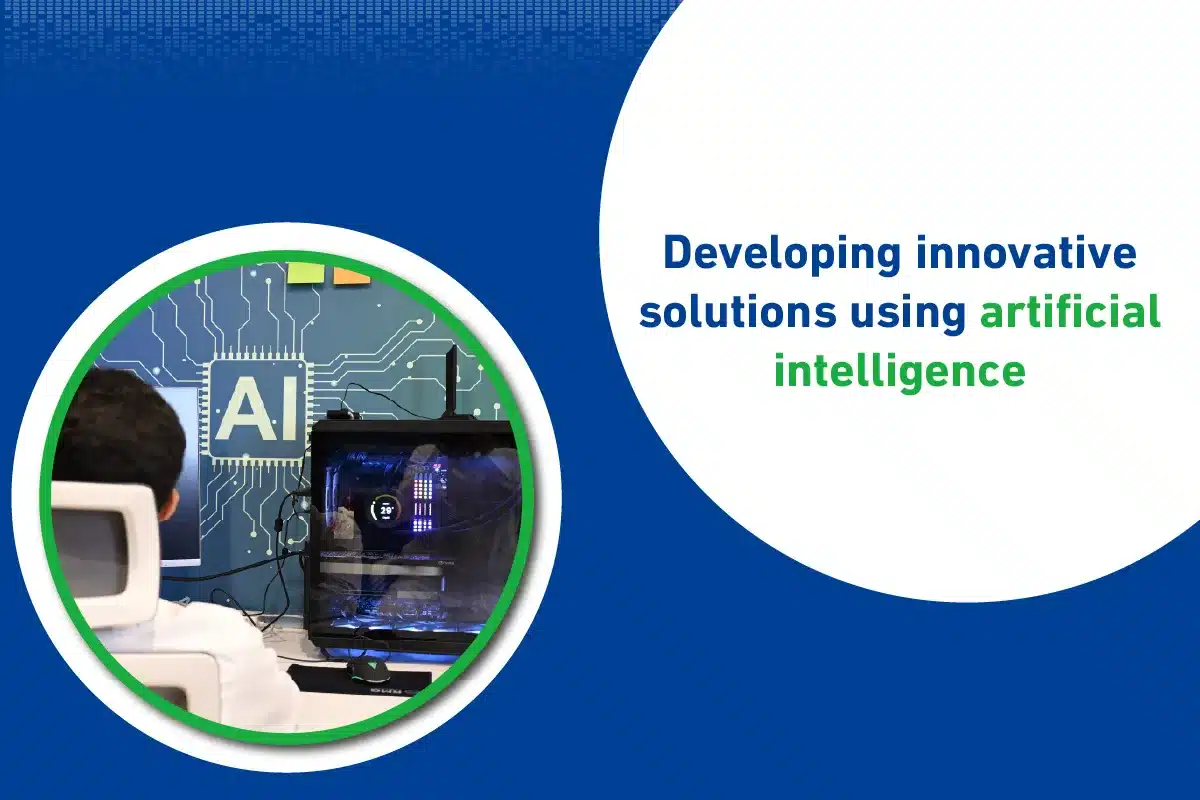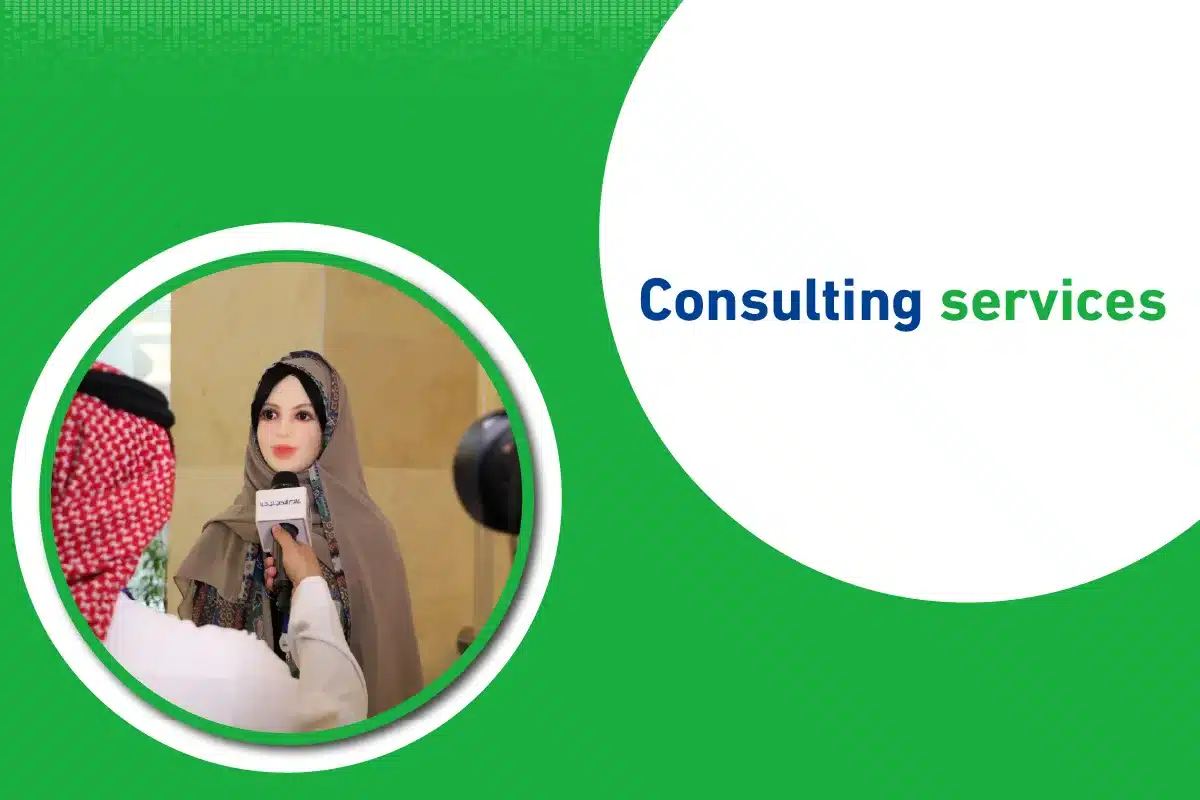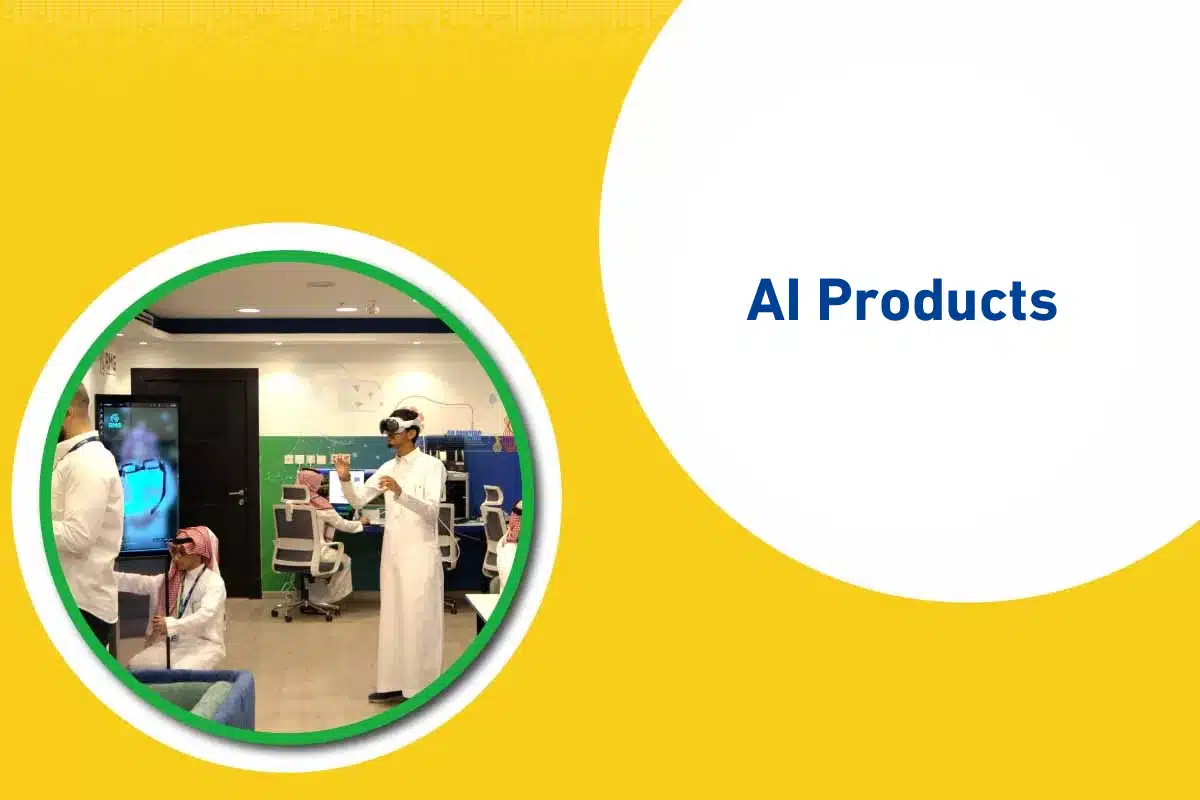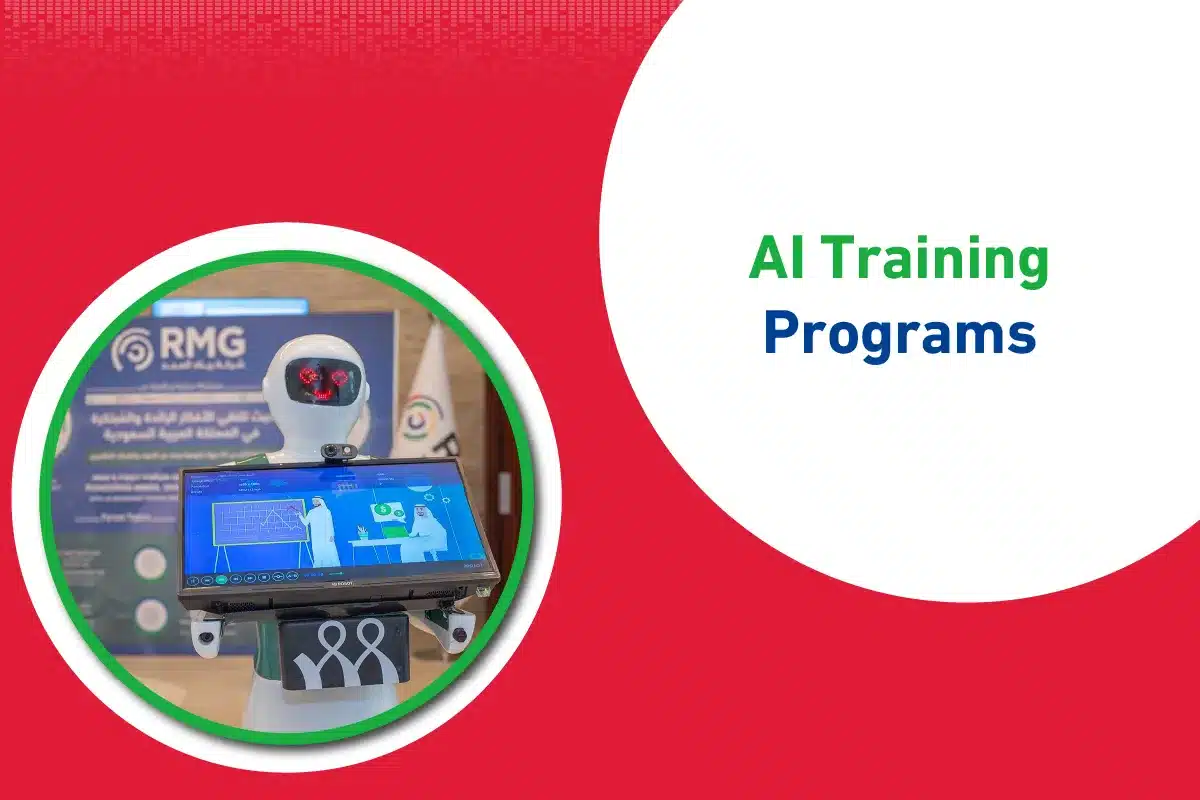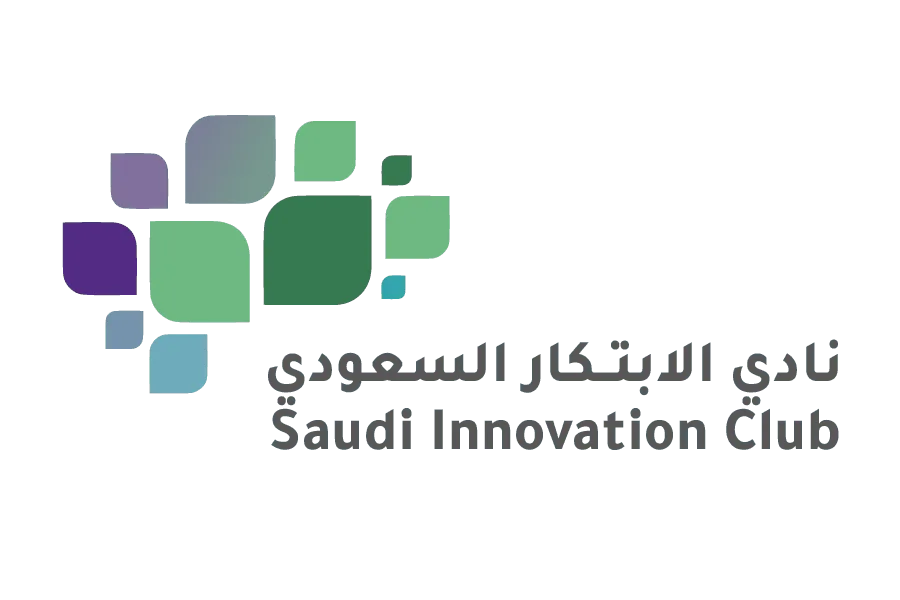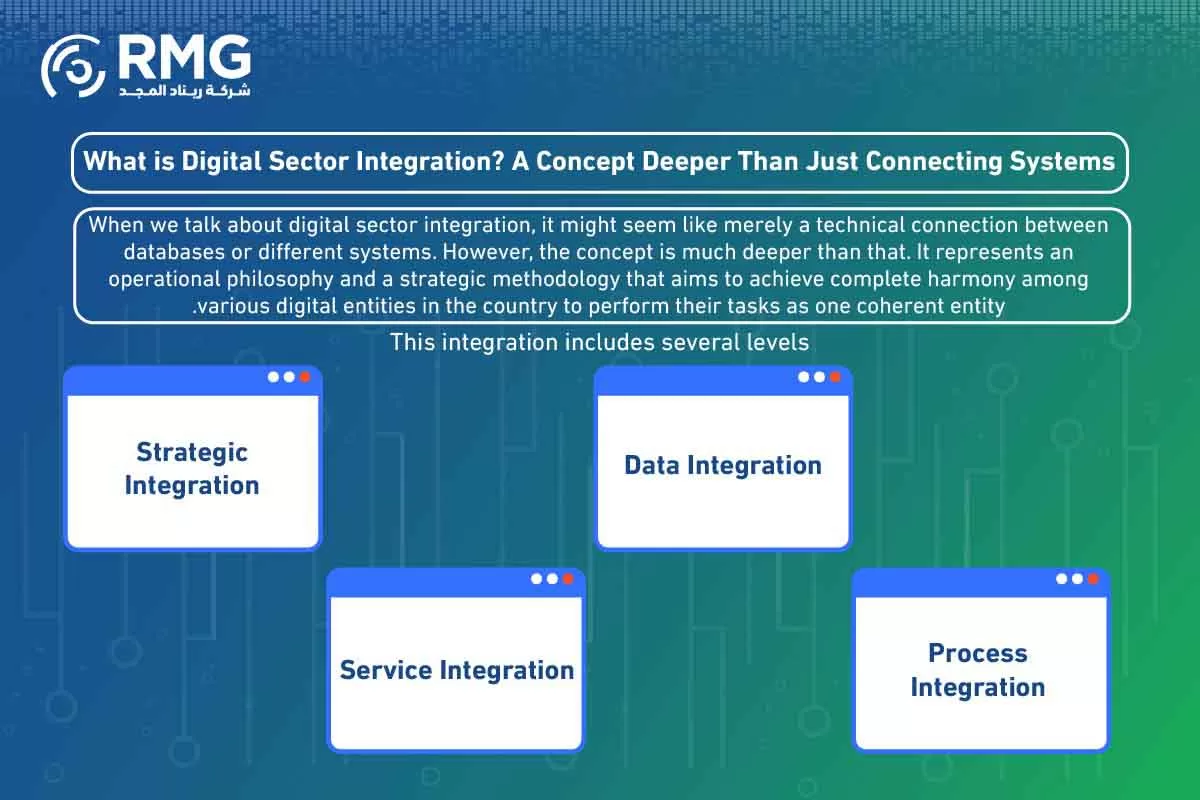Blog Body
Discover how digital sector integration is reshaping the future of the economy and society in Saudi Arabia. This comprehensive article analyzes the importance of system integration between the public and private sectors and the role of leading companies like “Renad Al Majd” in accelerating digital transformation and achieving the goals of Vision 2030.
At the heart of the Fourth Industrial Revolution the world is experiencing, and with the accelerating pace of digital transformation, talking about technology is no longer a luxury or an option. Instead, it has become a strategic necessity and imperative for the survival and growth of nations and organizations. In the Kingdom of Saudi Arabia, this reality is clearly evident in the ambitious goals of Vision 2030, which aims to build a thriving economy, a vibrant society, and an ambitious nation. The cornerstone for achieving these ambitious goals lies in a pivotal and profound concept: digital sector integration.
It is no longer sufficient for each sector, whether governmental or private, to operate in an isolated island. The future requires building strong digital bridges through which data and services flow seamlessly and securely, creating a unified and smart national ecosystem. This article reviews the strategic dimensions of this integration and its direct impact on the efficiency of government services, the growth of the private sector, and the experience of citizens and residents in the Kingdom.
What is Digital Sector Integration? A Concept Deeper Than Just Connecting Systems
When we talk about digital sector integration, it might seem like merely a technical connection between databases or different systems. However, the concept is much deeper than that. It represents an operational philosophy and a strategic methodology that aims to achieve complete harmony among various digital entities in the country to perform their tasks as one coherent entity.
This integration includes several levels:
- Data Integration: Unifying data sources and making them instantly and securely exchangeable between different entities. This prevents duplication, ensures data accuracy, and enhances data-driven decision-making.
- Process Integration: Re-engineering government and private procedures and processes to be interconnected and seamless. For example, the process of obtaining a commercial license should automatically integrate with the systems of the Ministry of Commerce, municipalities, civil defense, and Zakat, Tax, and Customs without the need for repetitive manual intervention.
- Service Integration: Providing unified and integrated services to the end-user (citizen, resident, investor) through a single platform, so the user feels they are dealing with one entity rather than dozens of separate ones.
- Strategic Integration: Aligning the digital goals of different sectors with higher national objectives, such as Vision 2030, to ensure that every digital initiative contributes to the Kingdom’s grand vision.
The Importance of Digital Integration in Achieving Saudi Vision 2030 Goals
Digital sector integration is the fuel that drives Vision 2030 towards achieving its goals. It doesn’t affect just one aspect of the Vision but permeates all its main pillars:
- A Thriving Economy: Integration contributes to creating an attractive investment environment by simplifying government procedures for local and foreign investors. It also opens new horizons for innovative business models that rely on open data and public-private partnerships, supporting economic diversification away from oil.
- A Vibrant Society: Integration directly improves the quality of life by providing proactive and highly efficient government services in vital sectors such as health (unified health file), education (integrated educational platforms), and municipal services. Platforms like “Absher” and “Tawakkalna” are prime examples of the power of integration in enhancing the citizen’s experience.
- An Ambitious Nation: Integration enhances the efficiency of government spending by reducing waste resulting from system duplication and data redundancy. It also raises the level of transparency and accountability and builds a smart, efficient digital government that is among the most advanced in the world, embodying the Kingdom’s pioneering ambition.
Pillars of Successful Integration Between Public and Private Sectors
To achieve effective and sustainable digital sector integration, it is essential to rely on a set of fundamental pillars that form the general framework for this complex process.
- Flexible and Unified Digital Infrastructure: A strong infrastructure, represented by high-speed communication networks, national data centers, and government cloud computing, is the foundation upon which everything is built. This infrastructure must be capable of accommodating a massive volume of data and providing secure and reliable communication channels among all parties.
- Supportive Policies and Legislation for Open Data: Data is the “new oil,” and its integration requires a clear legislative framework from the Saudi Data and Artificial Intelligence Authority (SDAIA) and the National Data Management Office (NDMO) to regulate data sharing among entities, define classification levels, ensure privacy and security, and encourage the concept of “open data” that the private sector can use to develop innovative services.
- Shared National Platforms: The development of shared national platforms such as the National Single Sign-On Platform (Nafath), digital payment systems, and digital signature platforms significantly saves effort and time. Instead of each entity building its own identity system, it can rely on a trusted national platform, which accelerates the integration process and ensures a unified user experience.
- Strong Cybersecurity Governance: As systems become increasingly interconnected, cybersecurity becomes more critical. A strict governance framework, enforced by the National Cybersecurity Authority, must be in place to ensure the protection of national digital assets from cyber threats and to build a wall of trust among all parties involved in the integrated system.
Digital Integration in Practice: Inspiring Saudi Models
In recent years, the Kingdom has witnessed qualitative leaps in applying the concept of digital sector integration, with successful models emerging that have become a source of inspiration at regional and global levels:
- “Absher” Platform: “Absher” is a classic example of successful integration. It connects services from the Ministry of Interior, the General Directorate of Passports, Traffic, Civil Affairs, and many others, offering citizens and residents a wide range of services through a single window.
- “Tawakkalna Services” Application: “Tawakkalna” started as a pandemic management tool, but thanks to integration, it transformed into a comprehensive service platform connecting data from the Ministry of Health, Ministry of Education, Ministry of Municipal and Rural Affairs and Housing, and others, to provide services beyond just health status.
- “Etimad” Platform: This integrated financial platform for the government sector is an excellent example of process integration. It unifies procurement, contracting, and payment procedures for all government entities, significantly enhancing transparency and spending efficiency.
These models confirm that the Kingdom is not merely theorizing about the importance of integration but successfully implementing it on the ground, and the future opportunities for expanding this integration are limitless.
Renad Al Majd Company: Your Strategic Partner in the Digital Integration Journey
Amidst this massive national transformation, the role of specialized national companies with technical expertise and a deep understanding of the Saudi market’s requirements becomes prominent. Here, Renad Al Majd Company (RMG) stands out as a trusted strategic partner for both the public and private sectors in achieving digital sector integration.
“Renad Al Majd” does not merely offer ready-made technical solutions; it acts as a consulting and implementation arm that helps organizations and entities design and execute customized integration strategies. Through a team of seasoned experts in systems engineering, data management, cybersecurity, and software development, the company provides solutions that ensure the achievement of the following objectives:
- Legacy System Integration: Helping entities modernize their infrastructure and connect their legacy systems with new technologies without disrupting operations.
- API Development: Building secure and efficient gateways that allow different systems to “talk” to each other and exchange data seamlessly.
- Data Management and Governance: Implementing best practices to ensure data quality, security, and privacy in compliance with national regulations.
- Process Automation: Transforming complex manual procedures into automated digital processes that flow smoothly across various departments and sectors.
Why Government and Private Entities Choose “Renad Al Majd” for Integration?
Achieving successful integration requires more than just technical expertise; it requires a partner who understands the local context, aligns with national directions, and adheres to the highest standards of quality and security. For this reason, “Renad Al Majd” is the optimal choice for ambitious entities in the Kingdom.
- Local Expertise with a Global Vision: The company combines its deep understanding of the work environment in both public and private sectors in the Kingdom with the latest global methodologies and technologies.
- A Partner in Achieving the Vision: “Renad Al Majd” aligns all its solutions with the objectives of Vision 2030, ensuring that every project contributes to the broader picture of national transformation.
- Integrated and Customized Solutions: The company offers a comprehensive suite of services, from strategy development and implementation to support and maintenance, with solutions designed to meet the unique needs of each entity.
- Steadfast Commitment to Security and Reliability: “Renad Al Majd” places cybersecurity at the core of all its solutions, ensuring the construction of robust and fortified integrated systems capable of earning user trust.
Call for Collaboration and Building the Digital Future
The journey of digital sector integration is a shared national endeavor that requires concerted efforts from all parties. In this regard, Renad Al Majd Information Technology Company invites all government and private institutions and entities in the Kingdom, who aspire to play a pivotal role in building the digital future, to connect with our team of experts.
Together, we can design and implement integration solutions that live up to our nation’s ambition, enhance our competitiveness, improve the quality of life for our society, and contribute effectively to achieving Saudi Vision 2030.






